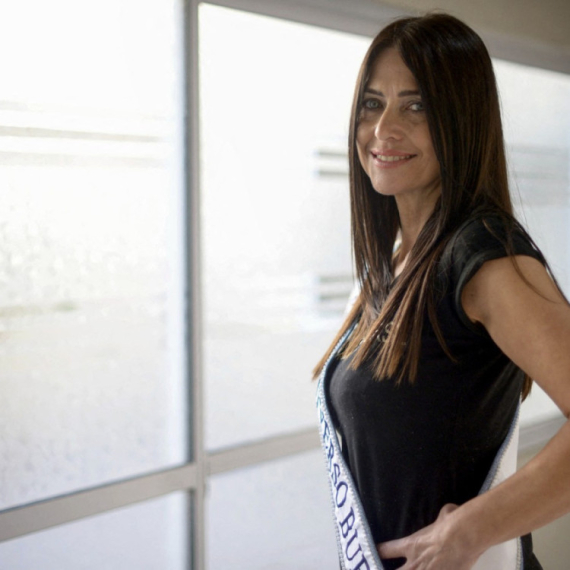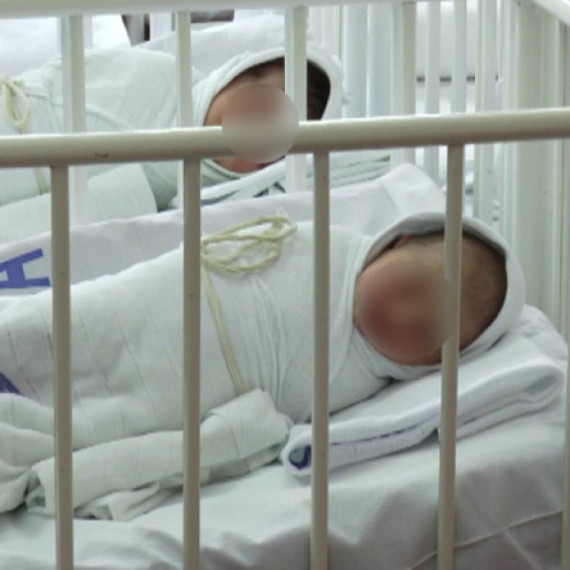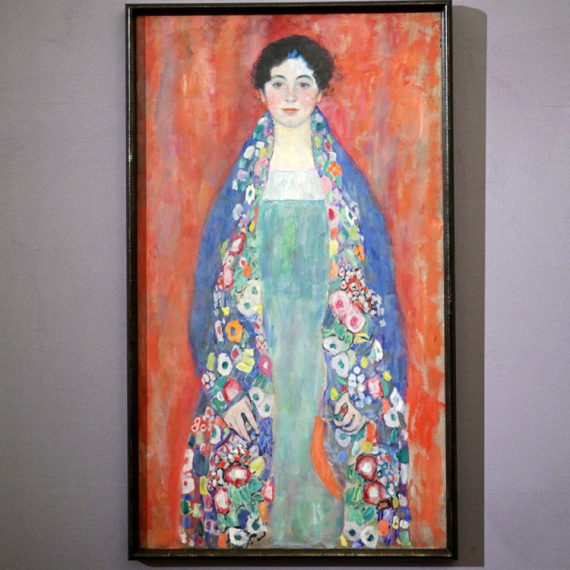Croatia-EU dispute over legislation could escalate
Despite a reconciliatory letter Croatia sent to Brussels on Tuesday, the EU could next week move to impose sanctions against its newest member.
Wednesday, 28.08.2013.
14:40

BRUSSELS Despite a reconciliatory letter Croatia sent to Brussels on Tuesday, the EU could next week move to impose sanctions against its newest member. Croatia could face the consequences "for undermining EU's legal order." Croatia-EU dispute over legislation could escalate This was announced by a spokeswoman for Justice Commissioner Viviane Reding. "We are still very concerned about the unilateral decision of Croatia to, three days before its accession to the EU, restrict implementation of European arrest warrants," spokeswoman Mina Andreeva told reporters, adding that the move was "undermining the European legal order." Andreeva, however, confirmed that the Croatian Ministry of Justice sent a letter that "looks constructive," and that Croatian PM Zoran Milanovic the same day talked with European Commission President Jose Manuel Barroso. "We are trying to clear up the Croatian position," said the spokeswoman, but added that Commissioner Reding will still propose to the EC to impose sanctions against Croatia on the basis of Article 39 of the Accession Treaty. "These measures could be introduced as early as September," said Andreeva. Reding announced earlier that the sanctions could include denial of access to EU funds, freezing of negotiations on accession into the Schengen zone, as well as placing Croatia under special surveillance measures modeled after Romania and Bulgaria. The dispute between Zagreb and Brussels concerns a controversial bill, known as "Lex Perkovic", which Croatia brought to exempt itself from acting upon European arrest warrants for offenses committed prior to 2002. This law was enacted to prevent the extradition of Josip Perkovic, a former Yugoslav secret services official, who is wanted in Germany for organizing assassinations of Croatian dissidents in that country during the 1980s. After the secession of Croatia from Yugoslavia in the early 1990s, Perkovic held high intelligence positions in the regime of Franjo Tudjman, while his son serves as national security adviser to the current president, Ivo Josipovic. Croatia's attempt to avoid the implementation of European legislation has met with harsh criticism from Brussels, especially because it is a country which has only recently joined the EU. Strong words have been exchanged between Croatia and the EU during the past days, while the situation further escalated after the Croatian government ignored the request of Commissioner Reding, who had asked the country to notify the Commission in writing that it intends to revoke the controversial law, and set last Friday as the deadline. (Beta/AP, file) Tanjug
Croatia-EU dispute over legislation could escalate
This was announced by a spokeswoman for Justice Commissioner Viviane Reding."We are still very concerned about the unilateral decision of Croatia to, three days before its accession to the EU, restrict implementation of European arrest warrants," spokeswoman Mina Andreeva told reporters, adding that the move was "undermining the European legal order."
Andreeva, however, confirmed that the Croatian Ministry of Justice sent a letter that "looks constructive," and that Croatian PM Zoran Milanović the same day talked with European Commission President Jose Manuel Barroso.
"We are trying to clear up the Croatian position," said the spokeswoman, but added that Commissioner Reding will still propose to the EC to impose sanctions against Croatia on the basis of Article 39 of the Accession Treaty.
"These measures could be introduced as early as September," said Andreeva.
Reding announced earlier that the sanctions could include denial of access to EU funds, freezing of negotiations on accession into the Schengen zone, as well as placing Croatia under special surveillance measures modeled after Romania and Bulgaria.
The dispute between Zagreb and Brussels concerns a controversial bill, known as "Lex Perković", which Croatia brought to exempt itself from acting upon European arrest warrants for offenses committed prior to 2002.
This law was enacted to prevent the extradition of Josip Perković, a former Yugoslav secret services official, who is wanted in Germany for organizing assassinations of Croatian dissidents in that country during the 1980s.
After the secession of Croatia from Yugoslavia in the early 1990s, Perković held high intelligence positions in the regime of Franjo Tudjman, while his son serves as national security adviser to the current president, Ivo Josipović.
Croatia's attempt to avoid the implementation of European legislation has met with harsh criticism from Brussels, especially because it is a country which has only recently joined the EU.
Strong words have been exchanged between Croatia and the EU during the past days, while the situation further escalated after the Croatian government ignored the request of Commissioner Reding, who had asked the country to notify the Commission in writing that it intends to revoke the controversial law, and set last Friday as the deadline.


























































Komentari 8
Pogledaj komentare